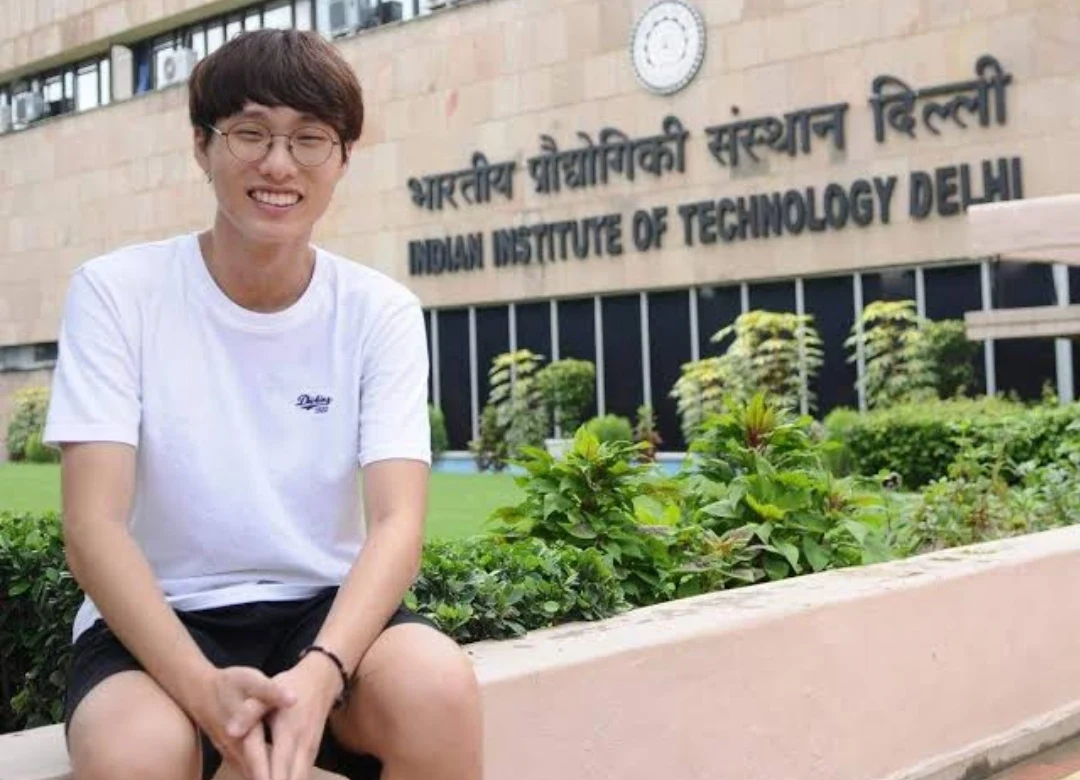B.Tech courses liked by unfamiliar understudies coming to India, yet IITs out of their scope.
Published By Thinking Boxx
By Sonika Negi July 2 2021 6:30 AM IST
Of the complete understudies who join BTech programs, 83.8 percent are male. The situation is comparable for different courses – BSc (62%), BBA (68%), BE (86%).
Study in india, aishe report 2019-20, unfamiliar understudies, BTech
In 2000, India invited just 6,988 unfamiliar understudies, though the complete number of unfamiliar understudies tried out advanced education was 49,348 of every 2019-20. pixabay.com
The quantity of worldwide understudies picking courses in India keeps on ascending, according to the most recent version of the All India Overview of Advanced education (AISHE). In the year 2000, India invited just 6,988 unfamiliar understudies, in 2019-20, the number rose to 49,348.
The unfamiliar understudies come from 168 unique nations across the globe. The most noteworthy portion of understudies come from the adjoining nations — Nepal (28.1 percent), trailed by Afghanistan (9.1 percent), Bangladesh (4.6 percent), Bhutan (3.8 percent) and Sudan (3.6 percent).
Designing a hit among understudies
The significant piece of understudies doing undergrad programs settles on designing courses. Of the absolute understudies, 9,503 are selected B.Tech courses, trailed by 3,964 in B.Sc, 3,290 in B.B.A and 2596 in B.E. courses.
Paramasivan Arumugam, Dignitary of Worldwide Relations, IIT Roorkee, says the designing universities in India are far superior to contrasted with those in the adjoining nations which clarifies why global understudies who can bear the cost of abroad schooling run here.
iit confirmations, unfamiliar understudies india, aishe most recent report
Most understudies join designing courses in India. (Realistic: Diksha Singh)
"Expressions, Science courses are accessible in many nations and they don't need a lot of framework, yet designing has ended up being a promising field for new roads of work. Chief foundations in Sri Lanka, Vietnam have exceptionally restricted seats and most different nations don't have quality private organizations, consequently understudies come to India for advanced education," he says.
Abhay Bansal, joint head of Friendship School of Designing and Innovation (ASET), Noida, says understudies lean toward four-year B.Tech programs in light of the fact that most unfamiliar colleges require 16 years of training as qualification models for expert's courses.
"Private colleges have more self-sufficiency than government establishments, which likewise permit us to have solid industry linkages. Foundations like IITs have certain standards that can't be loose. Also, private colleges offer liberal grants to understudies coming from adjoining nations, which makes the training experience more reasonable," Bansal says, adding that there are a sum of 7% (353) unfamiliar understudies tried out Harmony's B.Tech programs.
Notwithstanding most understudies joining designing courses, there are not very many or no takers for IITs. Arumugam accepts that this is fundamentally a result of the trouble level of the choice interaction that IITs follow and optionally, the charge.
V Ramgopal Rao, Chief, IIT Delhi, concurs and says, "IITs can't draw in unfamiliar understudies at the undergrad level as understudies can't break the JEE Progressed. Understudies' second most ideal choice is to join different private colleges in India as they get quality instruction at a moderate expense."
Equal uniqueness at all levels
Of the all out understudies who join B.Tech programs, 83.8 percent are male. The situation is comparative for different courses – BSc (62%), BBA (68%), BE (86%). The sexual orientation proportion is slanted at more elevated levels of instruction as well. In Mama courses, 60.2 percent of understudies are male; MSc has announced an enrolment of 1620 understudies with 70.3 percent male.
Rao says that the sex uniqueness can be ascribed to the worldwide situation of STEM instruction, which is as yet a male-overwhelmed industry. "Consistently, more young ladies join STEM-related courses yet the sexual orientation proportion is as yet slanted and will require more opportunity to settle the score. Additionally, most adjoining nations have comparable societies to India, where young ladies are not urged to seek after specialized schooling."
Likewise Read | Annamalai College welcomes online applications for 2021-22 affirmations
Karnataka is top decision for understudies
While understudies have their inclination for picking a course, they unquestionably have a most loved city to drop in for seeking after advanced education. The state-wise conveyance uncovers that Karnataka has the most noteworthy number of understudies coming from far off nations, at 10,231. Aside from Karnataka, Uttar Pradesh (5089), Punjab (4966), Maharashtra (4599), Tamil Nadu (4461), Delhi (2345), Haryana (2321), Telangana (2261), Gujarat (2227) are different states with countless unfamiliar understudy in-take.
Venugopal KR, bad habit chancellor, Bangalore College, says that unfamiliar understudies incline toward Karnataka on account of no or less political and social unsettling influence in the state. "States that have a high number of worldwide understudies additionally have a high thickness of establishments. Of the all out 220 designing foundations in Karnataka, 100 are in Bengaluru alone. In addition, schooling in India's southern area is considered better due to the general high education rates," he adds.
Copyright © 2021 negiv.com














0 Comments